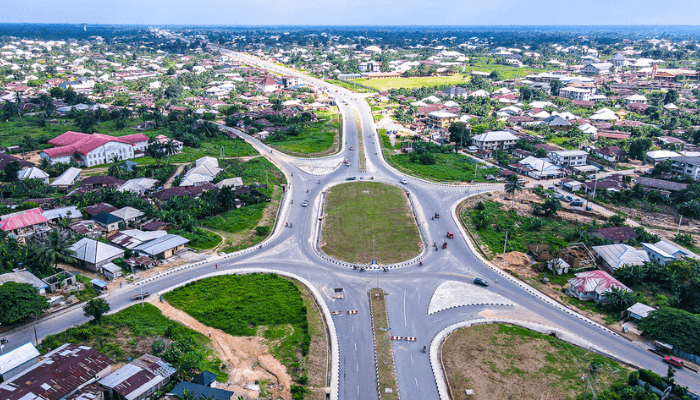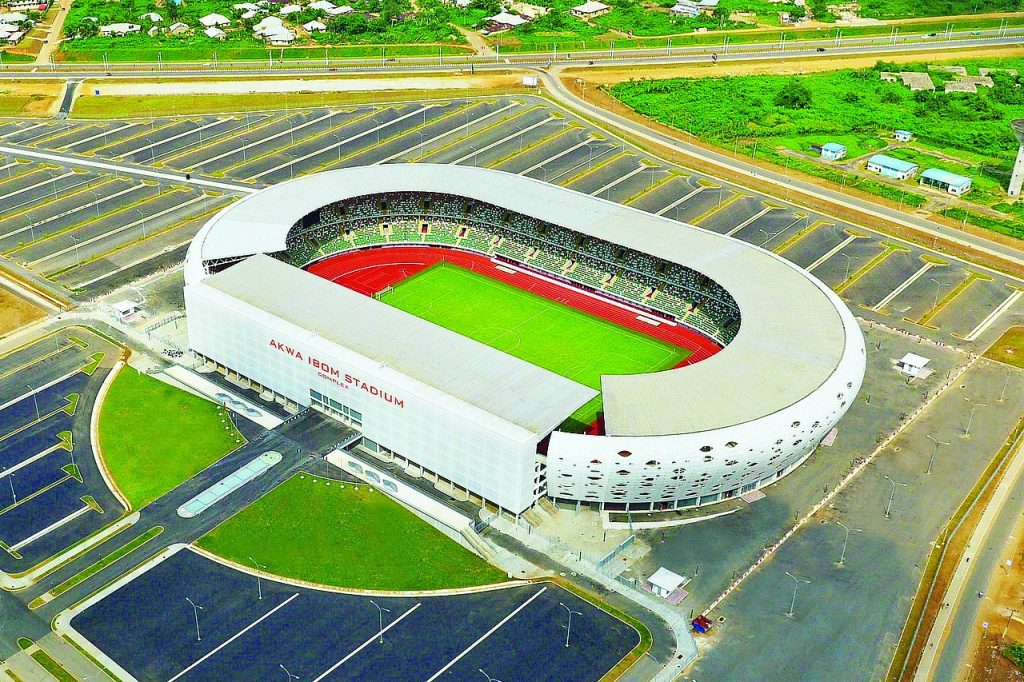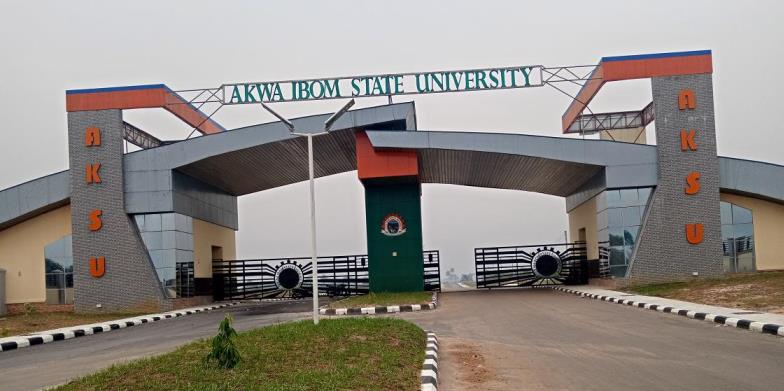Akwa Ibom State
States Dec 28, 2024 Last Modified:Jan 03, 2025

Table of Contents
The History and Overview of Akwa Ibom State
Akwa Ibom State, located in the oil-rich Niger Delta region of Nigeria, is one of the country’s 36 states. Known for its vibrant culture, significant natural resources, and rich history, Akwa Ibom was created on September 23, 1987, from the former Cross River State. It is Nigeria’s 21st state and has since grown to become a hub for economic and cultural activities.
Early History

The history of Akwa Ibom State is deeply rooted in the traditions of its indigenous ethnic groups, primarily the Ibibio, Annang, and Oron people. These groups share a common ancestry and have lived in the area for centuries, engaging in fishing, farming, and trade. Oral traditions and archaeological evidence suggest that the Ibibio people are one of the oldest ethnic groups in Nigeria.
During the pre-colonial period, the people of Akwa Ibom were organized into clans and communities with structured systems of governance. Trade and cultural exchanges were prevalent, particularly with neighboring regions. The arrival of European traders in the 15th century marked a new phase in the region’s history, leading to interactions that included trade in goods and the unfortunate transatlantic slave trade.
Creation of the State
The demand for the creation of Akwa Ibom State was driven by the desire for political and economic autonomy by the people of the region. On September 23, 1987, General Ibrahim Babangida’s administration officially created the state, carving it out of Cross River State. Uyo was designated as the state capital, and since its creation, Akwa Ibom has been on a trajectory of growth and development.
Geography and Demographics

Akwa Ibom covers an area of approximately 7,081 square kilometers and is bordered by Cross River State to the east, Rivers State and Abia State to the west, and the Atlantic Ocean to the south. Its strategic coastal location has made it a center for maritime and economic activities.
The state has a population of over 5 million people, according to the 2006 census, with significant growth in subsequent years. The Ibibio people form the majority, followed by the Annang and Oron ethnic groups. English is the official language, while Ibibio, Annang, and Oron are widely spoken.
Economy
Akwa Ibom is one of Nigeria’s leading oil-producing states, contributing significantly to the country’s revenue through crude oil and natural gas. In addition to its petroleum industry, the state has a thriving agricultural sector, producing crops such as cassava, yam, maize, and oil palm.
The state’s coastal location supports fishing and aquaculture, providing employment and sustenance for many residents. Industrial development is also on the rise, with initiatives aimed at diversifying the economy beyond oil and gas.
Culture and Tourism

Akwa Ibom boasts a rich cultural heritage reflected in its festivals, traditional dances, and crafts. Notable cultural events include the Ekpo Festival and the Ibom Cultural Festival, which showcase the state’s traditions and unity.
Tourist attractions in Akwa Ibom include:
- Ibom Icon Hotel & Golf Resort: A luxurious resort offering leisure and recreational activities.
- Ibeno Beach: One of the longest beaches in West Africa, ideal for relaxation and tourism.
- Amalgamation House in Ikot Abasi: A historical site where the amalgamation of Northern and Southern Nigeria was signed in 1914.
- Mary Slessor’s House: A tribute to the Scottish missionary who played a key role in stopping the killing of twins in the region.
Education

Akwa Ibom State is committed to education, with numerous primary, secondary, and tertiary institutions. The University of Uyo and Akwa Ibom State University are notable higher education institutions contributing to the state’s academic development.
Challenges and Prospects
Despite its achievements, Akwa Ibom faces challenges such as environmental degradation due to oil exploration, unemployment, and infrastructure deficits. However, the state’s government has initiated programs to address these issues, focusing on industrialization, education, and human capital development.
With its abundant natural resources, industrious population, and cultural richness, Akwa Ibom is poised for further growth and development. The state’s ongoing efforts to diversify its economy and improve living standards hold great promise for its future.
Conclusion
Akwa Ibom State stands as a beacon of cultural pride, economic potential, and resilience. Its rich history, natural beauty, and resource wealth make it a vital part of Nigeria. As the state continues to evolve, it remains a symbol of unity and progress, offering opportunities for residents and visitors alike.
